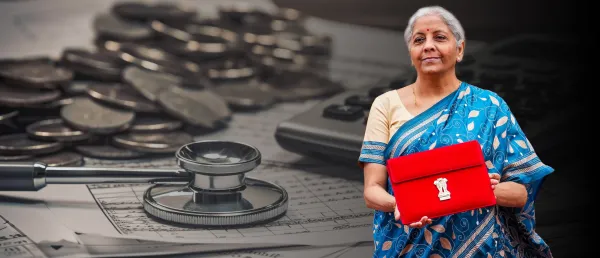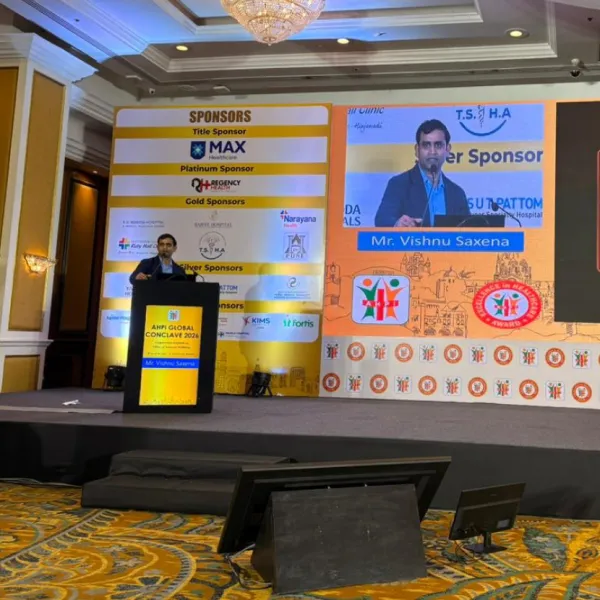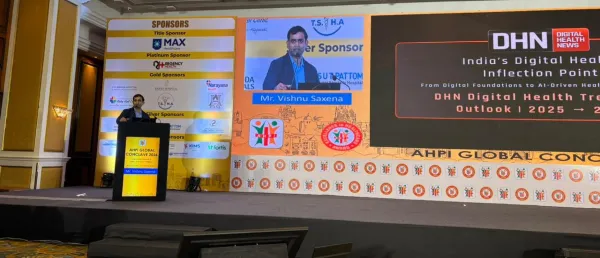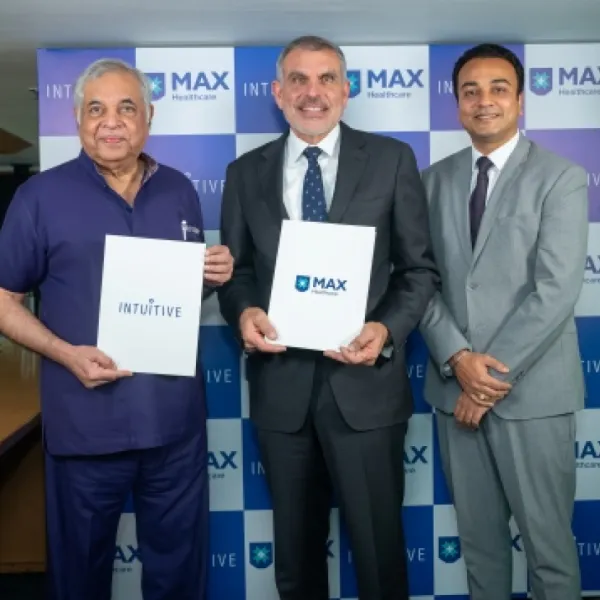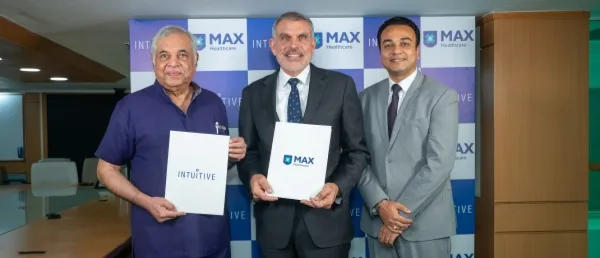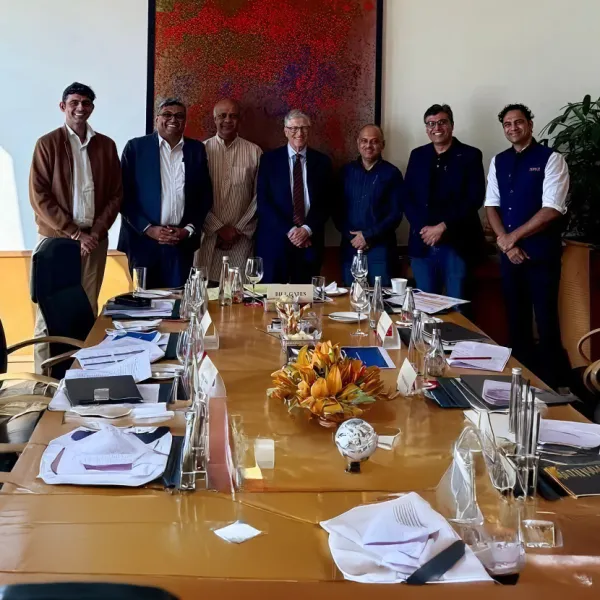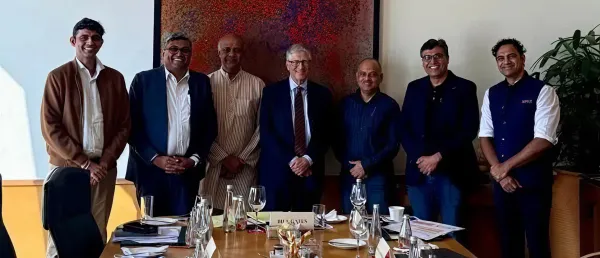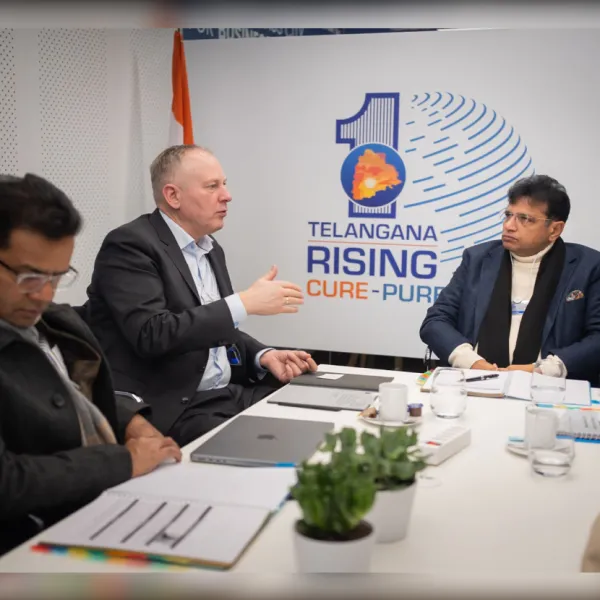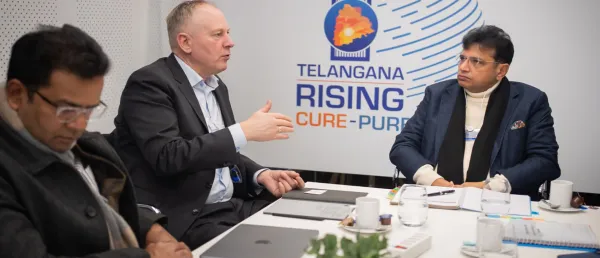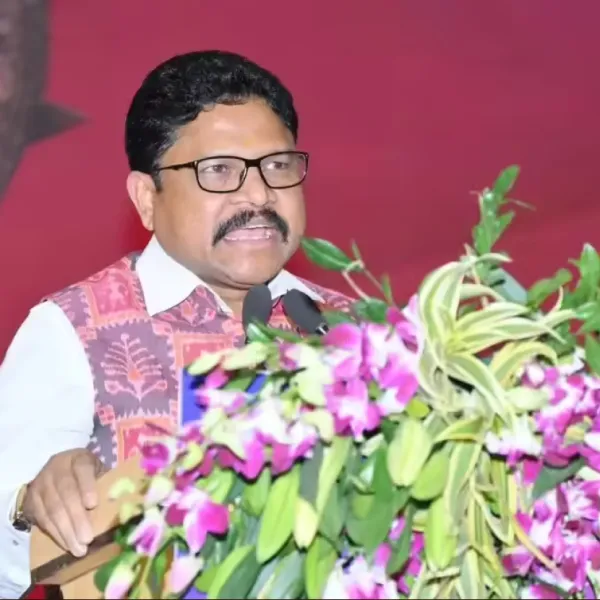DHN Forum Bengaluru Spotlights on Tech Adoption, Infra & Capability Building for Swift Digital Transformation

Additionally, the conference unveiled DHN & CHIME India Annual Survey results, uncovering digital health trends and outlook for 2024.
India’s first dedicated digital health news platform, Digital Health News hosted a well thought-out industry conference in the heart of silicon valley of India. The one-day event, DHN Forum Bengaluru showcased quality discussion and deliberation with participation from eminent healthcare leaders from India and the US.
Unlock the Future of Digital Health — Free for 60 Days!
Join DHN Plus and access exclusive news, intelligence reports, and deep-dive research trusted by healthtech leaders.
Already a subscriber? Log in
Subscribe Now @ ₹499.00Stay tuned for more such updates on Digital Health News










